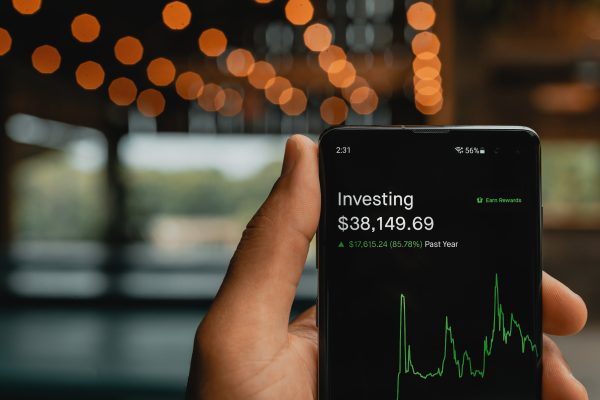
What IFG will do to help bring about a truly Islamic economy
05 January 2024 8 min read

5 min read
Published:
Updated:

Ibrahim Khan
Co-founder
You really want to invest your money because you know it is getting eaten away by inflation every day.
You also know that if you invest reasonably well, you could roughly double your money in just 10 years[1].
You’re not silly – but you’ve not actually invested due to the following concerns:
I have always been keen on investing (I was the sort of kid who started investing with my dad’s account as I was under 18 at the time!) and over the decades learnt a lot from my successes and failures.
But I appreciate not everyone will be as interested in investing – so in this article I condense down my experiences and break down a 5-point plan to address the key concerns most people have when it comes to investing.
Good investment companies are run by experienced, trustworthy and reputable people.
You should do the following checks to make sure the company is legit:
Okay, you’re happy the company is legit, but is it halal?
I appreciate that Islamic finance for the uninitiated is a somewhat technical area. Terms like musharakah, mudarabaha, bai inah, tawarruq and istithmar are thrown around happily.
But your response to them is “come again?”
So here are three super effective ways of making sure something is halal without needing a degree in Islamic finance:
So now you have a list of halal and reputable investment companies to choose from – how do you actually allocate your savings across these investment companies?
What are the metrics and rules you should be adhering to when it comes to allocation of your portfolio?
Ultimately though, if you are investing a few thousand pound, we recommend checking our Halal Investing for Busy Professionals course. This will systematically take you through the relevant asset classes, explain how you should think about your investment objectives and give you some portfolio allocation examples.
As a really really rough rule of thumb you should be doing the following:
| Asset Class | Allocation of your portfolio |
| Stocks and Shares | 30-50% |
| Property (or sukuk if you can get them) | 30-50% |
| Alternative Assets (find out more here) | 10-30% |
So for example, a 40/40/20 allocation across those three groups could be a middle-of-the-road kind of approach.
You can see a list of all three types of asset class and compare between them on our Halal Investment Platform.
So now you have a good working knowledge of the various knobs and levers on this Halal Investing car and you know where you want to go, but you are still a little uncertain about actually getting in and starting the engine and pressing down on the accelerator.
In order to get confident enough to properly start investing I would recommend 3 things:
Ultimately, you must remember that there will never be enough information in the world. Investing is never about guaranteed returns and no risk. Even if the lowest-risk and safest investment there are always some niggles.
But you sitting on the sidelines is not being “safe”. You are losing money every day due to inflation. So do all your research and follow all the steps above but don’t be that guy/girl who doesn’t invest for 3 decades and is still asking sceptical questions when he is 55.
It’s your money at the end of the day – you just can’t afford to sit on it for years and years.
[1] Assuming a 7% annual return rate, compounding annually, with an inflation rate of 1.5%.

05 January 2024 8 min read

21 July 2023 6 min read